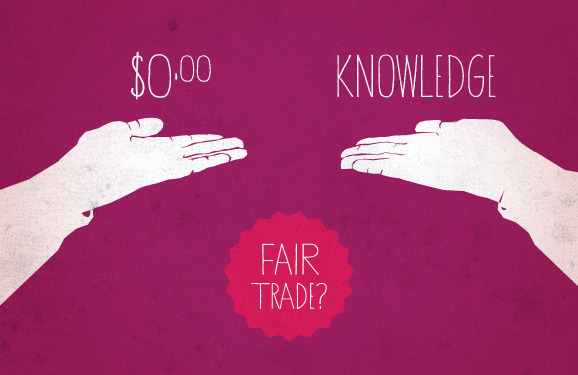Free education (or subsidized education) is education that is given at no cost to students.
Although primary school and other comprehensive or compulsory education is free in many countries, the Nordic countries are all examples of countries where education is free all the way up including post-graduate studies. In Sweden and Finland, there is not even a fee for foreign students enrolling at a university (exchange or not), although they may not be qualified for the monthly study allowance and loan most nationals are.
Several other European countries, such as England and Germany, have had a history of some forms of free education, as well as Australia. In the 1970s the Australian Labor Party led by Prime Minister Gough Whitlam introduced reforms which ensured free tertiary education. These reforms were removed later in the 1980s by the Bob Hawke Labor government. Students and radicals played a significant part in forcing the Whitlam government to implement the free education system as well as opposing the introduction of tertiary fees in the 1980s.
Nowadays, as for many parts of the world outside Scandinavia, free education typically comes to students in the form of scholarship and grants, if they cover all or most of students’ expenses while at school. Patrons for grants and scholarships may be individuals, institutions (often the school itself), advocacy initiatives, etc. They may have economic (e.g. tax-deductibility), humanitarian, charitable or religious reasons.
Free Education on the Internet
With the rise of the Internet, where any kind of information can be easily accessible to millions, online education has become an option for many adult learners. Along with this, free education has also presented itself through several web sites, some of them resembling online universities, offering programs in different levels. Online education is facing some barriers.
History
As the old jargon goes, “nothing is free”, somebody always has to pay for it, even if not the student, and he or she may have expenses to actually get a free education, like books and other materials. Free education has long ago been identified with “sponsored education“, which, nowadays may evoke images of advertising campaigns, but in the past, especially in the Renaissance, was usual practice among rich dignitaries who would sponsor the cost of the education of a young man, as his patron.
